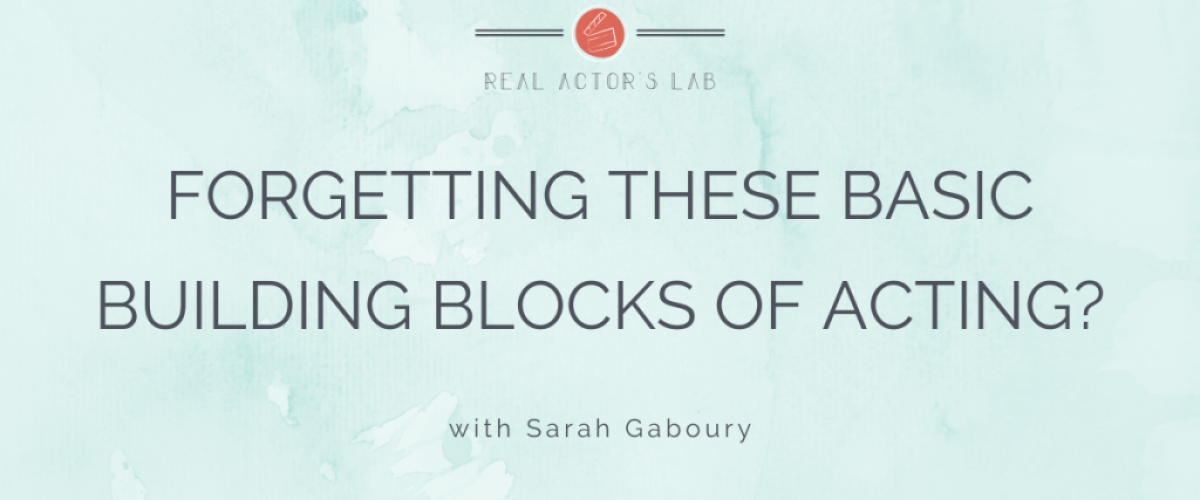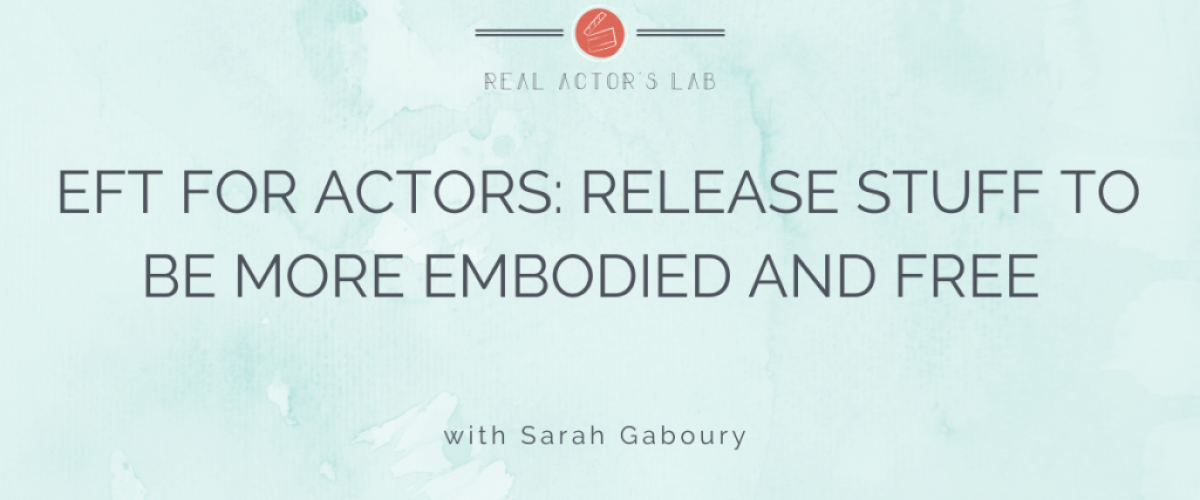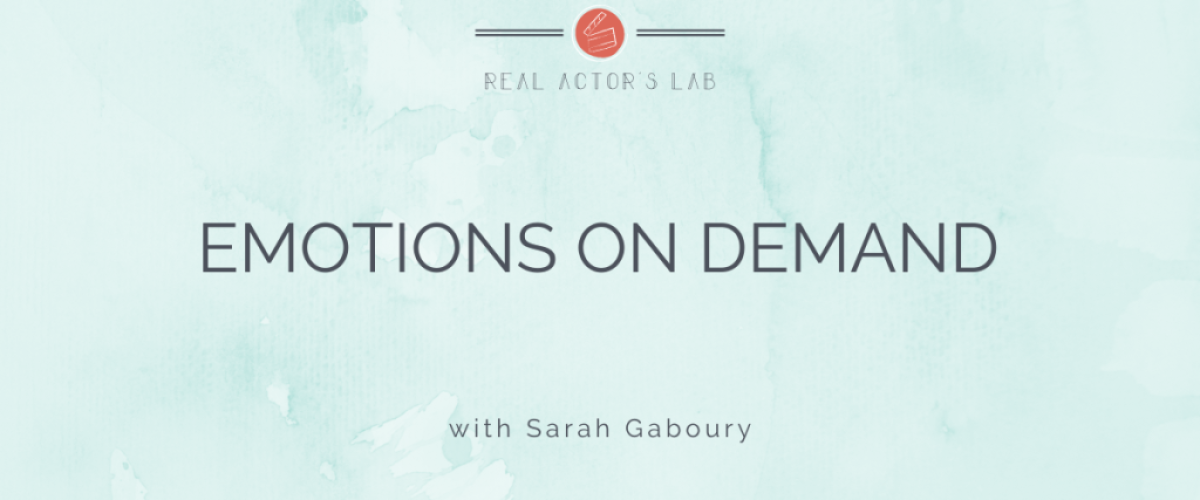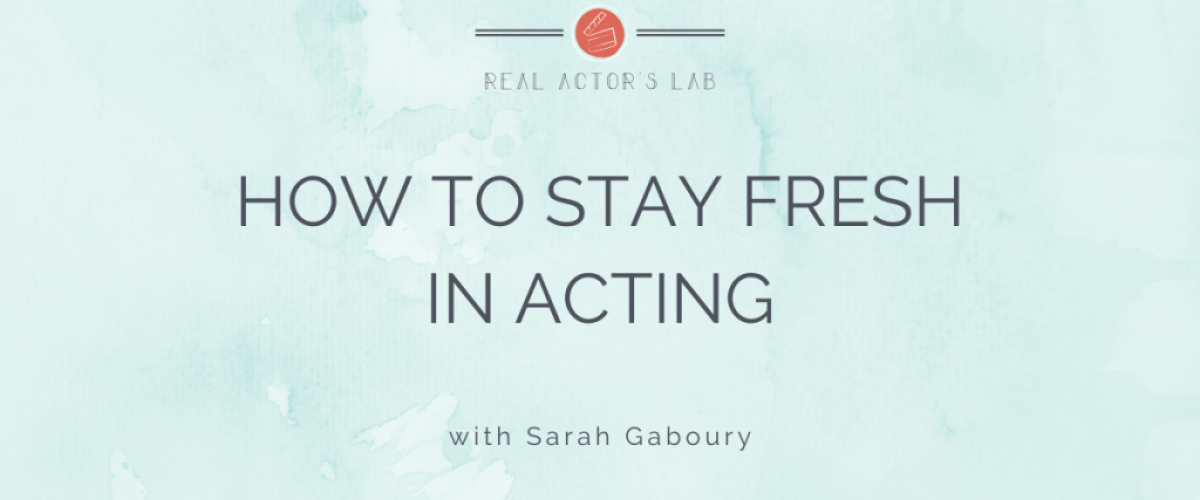Skip this simple rehearsal step = derail your scene
It can be super easy to launch yourself into exciting material that’s got you all fired up and forget to begin with the simple steps or the foundation. After all, you’ve been at this for a while, right? You know what you’re doing…
But skipping that early important work can have disastrous effects on the scene because you may end up unintentionally playing a scene that’s more about the actor’s mood or emotion than the story on the page.
So save this post for when you just need a quick reminder of what you need to know before you jump into a scene:
The Circumstances
What’s literally happening in the scene, including what has come before. What are your relationships to everything mentioned in the scene? (I call this the POPE- people, objects, places events.)
The Big Want
In this role, what do you want to achieve, what is your main goal? What do you want from the other people in the scene? Sometimes there are multiple wants. Build a relationship to why it’s so important you achieve that want that you the actor can connect to internally and deeply. Can you zoom out? Do you also have a big life dream in this role?
The Obstacles
What is in your way? (the other people are almost always providing good obstacles) How are you going to get through their obstacles?This is the very beginning, some of the stuff you can take right from the text, that you can then use to help you start to make choices in the next phase of rehearsal.
CLASS CLIP TRANSCRIPTION
Sarah: Actors forget this all the time, and we have to remind even the most professional actors: what do I want? What do I want? Because we can start making all of these choices and getting totally derailed, so try to remember that until you know what your character wants in the scene, you won’t be able to play the scene well.
Student: Okay.
Sarah: Because everything you do after that is gonna be in service of the thing you want. One of the biggest mistakes you can make going into a scene is to try to play the idea of a scene. Is to try to play an emotional idea of it. We can read this and be like, oh they’re angry and they’re sad. So I’m gonna do that. I’m gonna try to be angry here and I’m gonna try to be sad here. And I’m gonna, you know, I’m gonna try to play this idea of it, when in fact, we have to scrap all of that. Think about what they want, go after what they want, build the relationship internally to what they want so that you can feel it, and the rest of that stuff, the emotion, the anger, the sadness, that will come without you having to show it. This’ll make more sense as we start to work.
Student: No, that makes lots of sense.
Sarah: Yeah, cuz it is the big trap. It’s the big trap that a lot of people…they play an attitude or an idea of a scene, and that’s when they get caught acting. That’s the acting that puts us to sleep, where we’re like “I don’t know if I really believe that.” They’re playing an idea of something rather than…in our lives, we’re always trying to get something from someone else, right? In every moment! In every moment of our day, we’re trying to get something. When we’re having an exchange with people, you know, I’m in the kitchen with my husband in the morning, I’m trying to get things happening!
Student: Yeah.
Sarah: So it’s the same thing for our characters. So what’s literally happening, what do I want, and then there’s this little triad, these three things that would be in the acting triangle, of [what’s happening,] what do I want, and what’s in the way.




